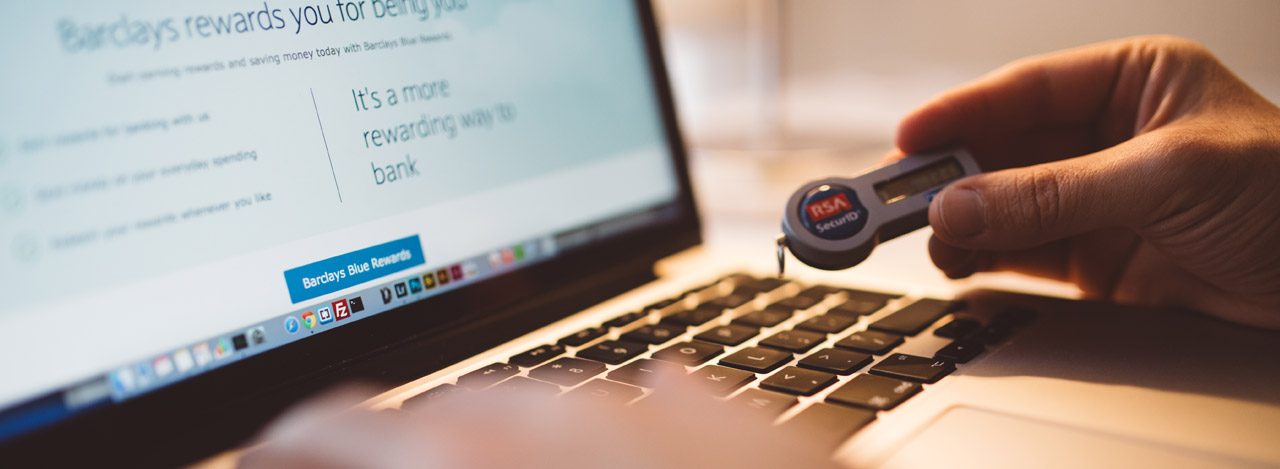Protecting your business from cyber-attack starts with robust, well-thought-through, and constantly monitored internet security and computer security policies. Work with Couno on developing and implementing your organisation’s IT security policy.
Couno is one of the leading cyber security companies serving businesses in Southend, Essex and London. We take a no-nonsense approach to cyber security, doing everything in our power to keep our clients’ business critical data safe and secure.
Cyber security defined

Many people think of cyber security in terms of protecting their company against viruses, malware and spam. That’s certainly a major part of it but staying safe online is about much more than simply buying anti-virus software and hoping for the best.
Getting your cyber security strategy right is a complex process that depends on a deep understanding of how your individual business works, the type of threats you’re facing and working proactively to stop them in their tracks. Threats can come from inside and outside and organisation, and a lot of the time they happen through well-meaning staff making common mistakes. Really robust protection takes a multi-layered approach that everyone in the organisation is compliant with and understands.
Cyber security essentials
Getting cyber security right for your business is more than just ticking some boxes and covering a few cyber security basics. There is an in-depth process that needs to be followed, and unless you’re absolutely confident in your knowledge of technology and the appropriate legislation it can be a challenging, complex and risky process. It’s always been important, but since the GDPR came into force in May 2018 the stakes have become even higher.
At Couno we have been helping our clients protect their valuable data for years. We’ll take you through the entire process, working with you to identify the specific needs of your business and implementing a bullet-proof strategy that will keep your business safe.
 Why cyber security is important
Why cyber security is important
It’s common for businesses – especially smaller ones – to assume that hackers won’t target them because they’re not dealing with juicy enough data. The fact is, cyber attackers aren’t remotely interested in the type of information you hold. They just care that you’ve got data that’s important to you – for two reasons.
Firstly, if it’s important to you it will probably be of interest to someone else in the open market. You’ve worked hard for years to build your company database, so why would someone else go to all that bother if they can buy it? There’s an active and open black market of technical experts who will happily bridge the gap and sell your data to the first willing buyer.
Secondly, if your data is important to you, chances are you’ll be prepared to pay to get it back. That’s why ransomware is such big business. Hackers are finding different ways to sneak into company networks every day and literally hold business critical data to ransom, demanding sums of money to restore it to its rightful place.
At the bottom of this page we look at some of the attacks your business might face today. However, the number of cyber-attacks is going up (46% of UK firms in 2016 suffered a breach) and the monetary and repetitional losses inflicted on businesses whose data has been stolen continues to mount.
Our Approach to Cyber Security
Ask any doctor and they’ll tell you, without fail, that prevention is better than cure. It’s absolutely the same with Cyber Security too, so at Couno we’re always on the lookout for new threats and catching them before they can become huge disasters.
We offer a winning combination of business experience and enterprise level IT solutions to keep organisations of all sizes safe and secure. Our Cyber Security Consultants take an approach to IT security involves six clear steps:
- Identify how your business works and highlight any potential risks
- Design a robust IT cyber security strategy that is specific to your organisation
- Implement the changes, supporting you and your team throughout
- Monitor your system around the clock using our state of the art software to detect any abnormal activity with our 24/7 Monitoring
- Respond to any threats quickly and effectively
- Recover any lost data using our robust backups and disaster recovery strategies
In a world in which cyber criminals are getting smarter and sneakier every day, nobody can guarantee that any computer system is 100% free from danger. What we can guarantee is that we’ll always have your back, and if the worst does happen, we’ll get it fixed with minimal downtime and disruption so you can go about your business as if it never happened.
